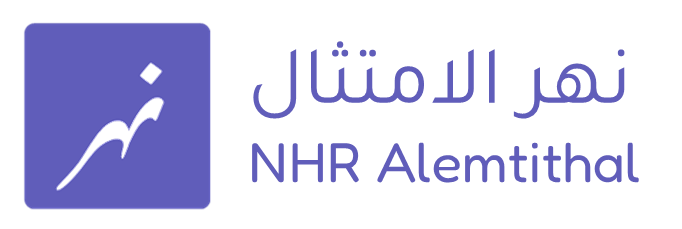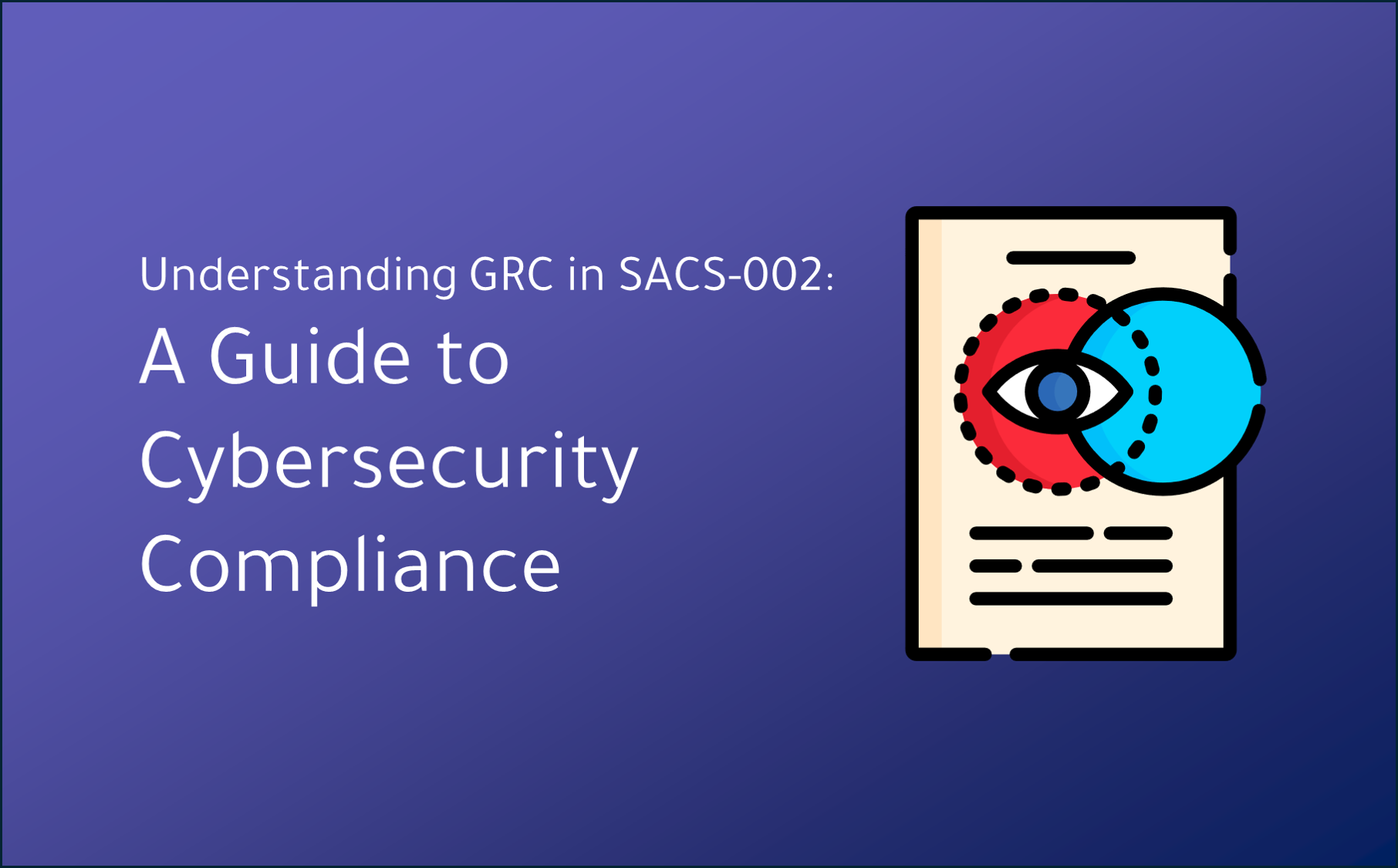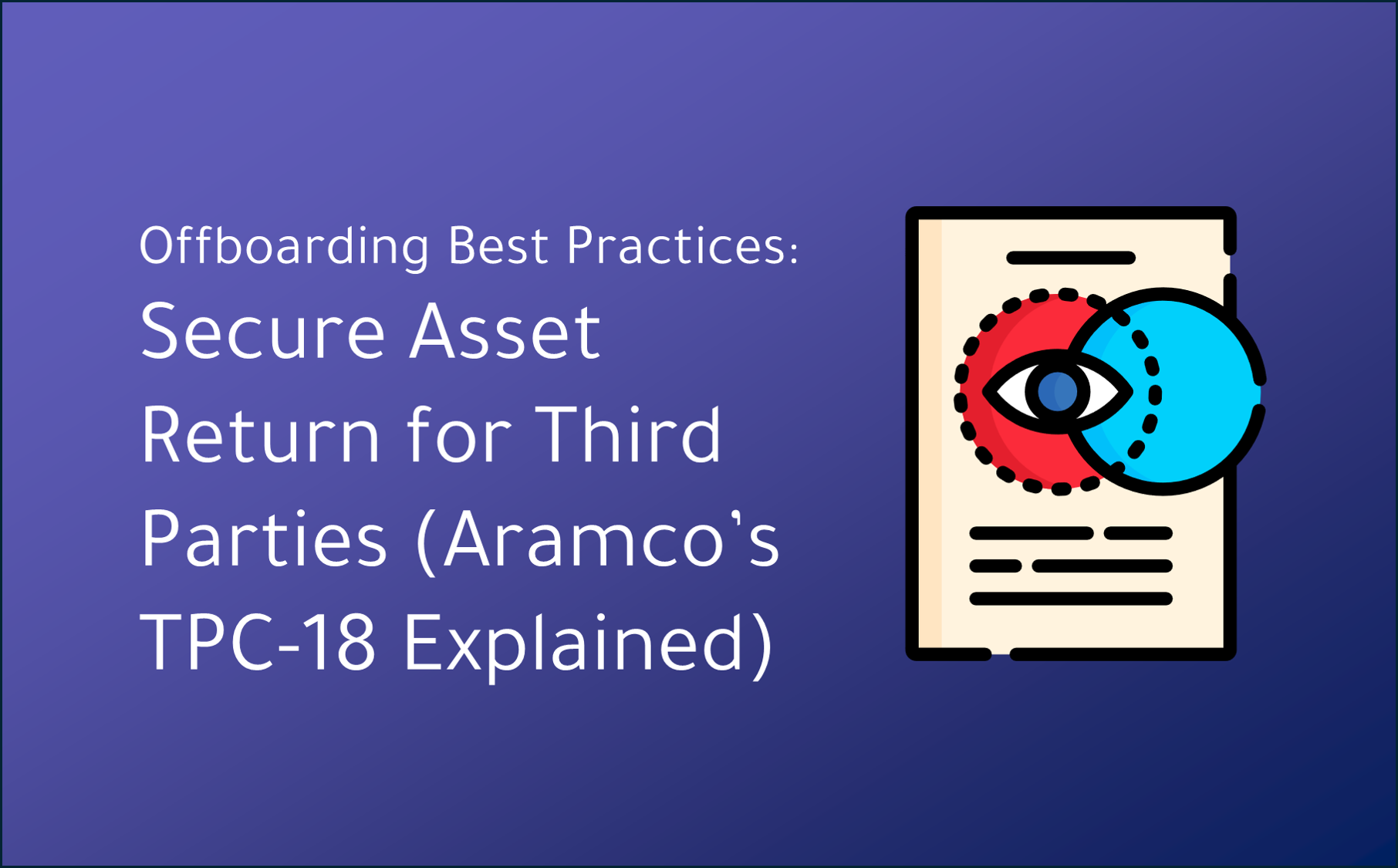Are you a third-party vendor working with Saudi Aramco? Understanding and adhering to the user access change notification process is crucial for maintaining compliance with the SACS-002 Third Party Cybersecurity Standard. This post will guide you through the vital steps to notify Saudi Aramco of any user access changes, ensuring data security and meeting regulatory requirements.
Why Notify Saudi Aramco of User Access Changes?
Notifying Saudi Aramco of user access changes is not just a good practice; it’s a mandatory requirement as per the SACS-002 standard. It helps maintain data integrity, prevent unauthorized access, and minimize potential security risks.
Steps to Notify Saudi Aramco of User Access Changes
1. Initial Notification
Upon discovering any user access changes or incidents, immediately notify the Saudi Aramco Security Operations Center (SOC).
2. Subsequent Notifications
After the initial notification, communicate all further updates regarding the incident through the communication method agreed upon by the SOC during the first contact.
Remember: All notifications must be made within 24 hours of discovering or suspecting an incident Aramco Third Party Cybersecurity Controls Guideline.
What Happens After Notification?
Upon receiving your notification, Saudi Aramco will:
- Review recent changes and modifications to information system users and access privileges.
- Conduct a thorough review of your systems for evidence of compromise.
Important: All affected account passwords must be reset immediately following the discovery of any incident or user access change.
Seek Expert Assistance
Navigating cybersecurity compliance can be complex. Consider seeking expert assistance to ensure you’re fully compliant with SACS-002 standards. NHR offers a comprehensive CCC for SMB service tailored to meet your needs.
Contact Us:
- Mobile: +966 55 653 8840
- Email: info@nhr.com.sa
- Service Page: https://www.nhr.com.sa/ccc-for-smb-service/
Disclaimer:
The content of this podcast is generated by NotebookLM, an AI-powered tool designed to assist with creative and informational tasks. While every effort has been made to ensure accuracy and relevance, the information and opinions expressed in this podcast are AI-generated and should not be taken as professional advice, factual truth, or the views of any individual or organization. Listeners are encouraged to independently verify any information and consult appropriate experts or sources for specific guidance. The creators of this podcast are not responsible for any errors, omissions, or outcomes resulting from the use of this content. Enjoy responsibly!




